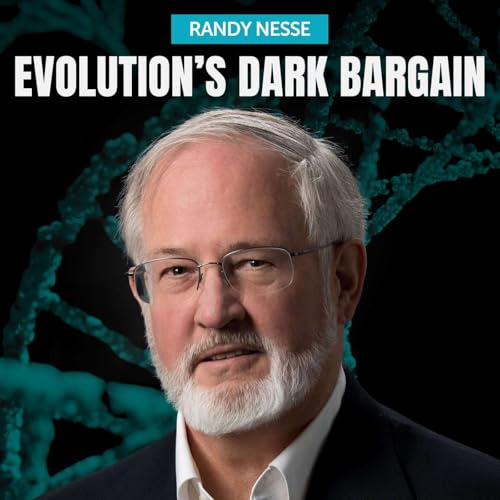
80,000 Hours Podcast
Falha ao colocar no Carrinho.
Tente novamente mais tarde
Falha ao adicionar à Lista de Desejos.
Tente novamente mais tarde
Falha ao remover da Lista de Desejos
Tente novamente mais tarde
Falha ao adicionar à Biblioteca
Tente outra vez
Falha ao seguir podcast
Tente outra vez
Falha ao parar de seguir podcast
Tente outra vez
-
Narrado por:
Sobre este título
Episódios
-
 Feb 3 20262 horas e 51 minutos
Feb 3 20262 horas e 51 minutosFalha ao colocar no Carrinho.
Tente novamente mais tardeFalha ao adicionar à Lista de Desejos.
Tente novamente mais tardeFalha ao remover da Lista de Desejos
Tente novamente mais tardeFalha ao adicionar à Biblioteca
Tente outra vezFalha ao seguir podcast
Tente outra vezFalha ao parar de seguir podcast
Tente outra vez -
 2 horas e 32 minutos
2 horas e 32 minutosFalha ao colocar no Carrinho.
Tente novamente mais tardeFalha ao adicionar à Lista de Desejos.
Tente novamente mais tardeFalha ao remover da Lista de Desejos
Tente novamente mais tardeFalha ao adicionar à Biblioteca
Tente outra vezFalha ao seguir podcast
Tente outra vezFalha ao parar de seguir podcast
Tente outra vez -
 2 horas e 56 minutos
2 horas e 56 minutosFalha ao colocar no Carrinho.
Tente novamente mais tardeFalha ao adicionar à Lista de Desejos.
Tente novamente mais tardeFalha ao remover da Lista de Desejos
Tente novamente mais tardeFalha ao adicionar à Biblioteca
Tente outra vezFalha ao seguir podcast
Tente outra vezFalha ao parar de seguir podcast
Tente outra vez
Ainda não há avaliações


